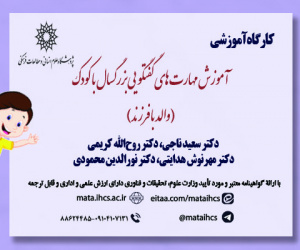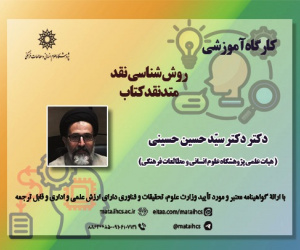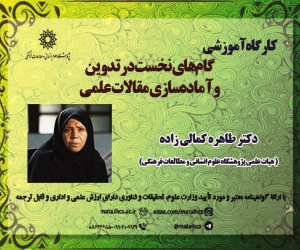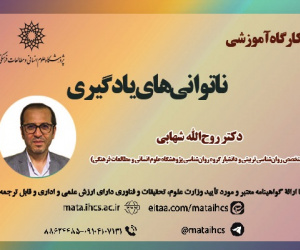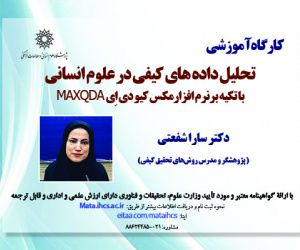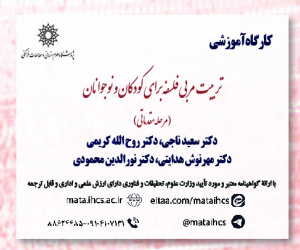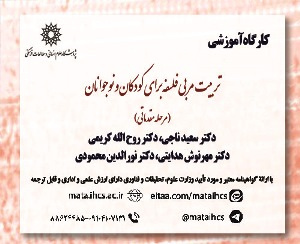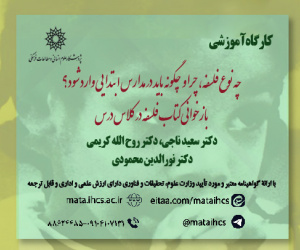ارزیابی اخلاقی جهانگیری مهدی (ع) از منظر اخلاقیات جنگ در نظامات اخلاق اسلامی (مقاله پژوهشی حوزه)
درجه علمی: علمی-پژوهشی (حوزوی)
آرشیو
چکیده
اخلاق جنگ یکی از عرصه های با ارزش در حوزه اخلاقیات کاربردی است. در ادبیات دینی همواره صلح و آرامش ستوده شده ولی آن جا که از جنگ گریزی نباشد باید باز به نظامات اخلاق دینی ملتزم بود و ارزش های خاصی را در بحبوحه جنگ رعایت کرد. مهدویت از باورهای اصیل شیعی است و روایات آن به جهت مسامحه هایی که در نقل و پذیرش روایت مهدوی صورت گرفته محتاج پالایش جدی است. چگونگی آغاز حرکت امام مهدی؟ع؟ و روند سیطره او بر زمین و بسط عدل و داد از مهم ترین بخش های معارف مهدوی است که به جهت تکیه منابع روایی بر مصادر مجعول و ضعیف نیازمند توجهی مضاعف است. این دسته از روایات از فضایی در جهانگیری امام خبر می دهد که در بسیاری از موارد نه فقط قابلیت دفاع عقلانی و اخلاقی ندارد بلکه با باورها و مبانی عام دینی نیز سازگار نیست. این نوشته بر آن است تا به ارزیابی این آموزه ها پرداخته و صحت و سقم آن را معلوم کند. این مقاله در ارزیابی این آموزه ها ابتدا تلاش کرده تا مواضع تنافی این آموزه ها با عقلانیت و با باورهای دینی را مشخص کرده و سپس با رجوع به منابع و ارزیابی مستندات، تکلیف این ناسازگاری ها را معلوم نماید. آورده این تحقیق کوتاه را می توان در نشان دادن ارزشمندی و اخلاقی بودن جهاد امام و یارانش ایجاد عدالت جهانی است. همچنین عقلانیت در دعوت مهدوی و ابتناء آن بر مبانی عام باورهای دینی همگی از دیگر آورده های این تحقیق بوده است؛ دعوتی که تکیه آن بر روشنگری و رعایت حق انتخاب انسان ها در کنار تلاش برای برپا خواستن مردم و تحقق بخشیدن به عدل و داد است.Moral Evaluation of Jahangiri Mahdi (AS) from the Perspective of the Ethics of War in Islamic Moral Systems
The ethics of war is one of the valuable domains within applied ethics. In religious literature, peace and tranquility are consistently praised; however, in situations where war becomes unavoidable, adherence to the ethical principles of religious teachings remains imperative.Mahdism is one of the core beliefs in Shia Islam, yet the narrations regarding it require serious refinement due to the leniencies in their transmission and acceptance. The manner in which Imam Mahdi (a.s.) initiates his movement, establishes dominion over the earth, and spreads justice and equity is among the most significant aspects of Mahdist teachings. However, the reliance of these narratives on weak or fabricated sources calls for heightened scrutiny.These narrations often describe scenarios of Imam Mahdi’s (a.s.) global mission that, in many cases, not only lack rational and ethical defensibility but also conflict with general religious principles and beliefs. This study aims to evaluate such teachings and ascertain their authenticity.In evaluating these narratives, the article first seeks to identify the points of conflict between these teachings and rationality or religious beliefs. It then addresses these inconsistencies by referring to primary sources and critically examining the evidence.
